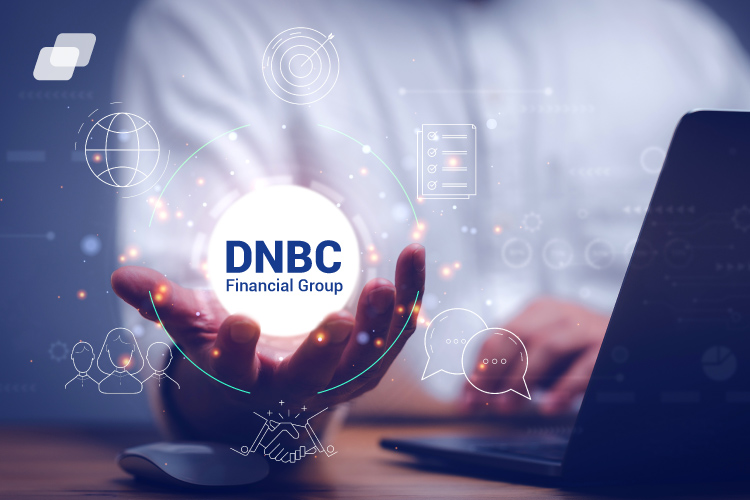A report by the World Bank Group & SWIFT in 2022 revealed some challenges in international money transfers. About 80% of businesses faced the foreign money transfers.
The most common challenges include complex requirements, high costs, and currency fluctuation rate. Another challenge is finding reliable partners who can help the transfers. Additionally, communication and language barriers, and technological challenges can also hinder the process.
Are you facing challenges in overseas transfers? If yes, then you might find the following article useful!
Why do businesses face challenges in overseas transfer?
Sending money abroad is not always a straightforward process. Businesses encounter numerous challenges in international fund transfers.
Complex regulatory requirements
Different countries may have different laws and requirements for foreign money transfers. These may include limits, taxes, documentation, or verification. They may also need licenses or permits and restrict certain types of transactions.

Different countries may have different laws and requirements for foreign money transfers.
Also, anti-money laundering (AML) and counter-terrorism financing (CFT) are global standards to follow. This aims to prevent the misuse of the financial system for illicit purposes.
International money transfers are governed by different rules in different places. The regulatory landscape can be complex and lengthy for some countries and jurisdictions. This can be processing delays and time-consuming procedures.
Businesses must navigate these intricate regulations to ensure compliance and avoid penalties. These regulations include AML and know your customer (KYC) protocols.
High transaction costs
When conducting international money transfers, businesses often incur transaction costs. These costs can range from 1% to 3% or more.
Businesses may have to pay additional fees besides transaction costs. These fees are for things like exchange rate margins, intermediary fees, and correspondent banking fees. These additional fees can be very high, especially for large transfers.

Businesses may have to pay additional fees besides transaction costs.
For example, a business that transfers $100,000 to Europe using a bank wire transfer could pay $3,000 or more in transaction costs. This is a significant amount of money that could have been put to better use elsewhere in the business.
Fluctuating exchange rate
Fluctuating exchange rates significantly impact international money transfers. They affect the value of transferred funds and overall transfer costs.
These fluctuations influence the timing of transfers. They may also lead individuals and businesses to employ hedging strategies for risk mitigation.
Exchange rate movements affect many areas of international financial management. Some of these areas are budget planning and travel expenses. There are also import/export costs, currency diversification, and long-term financial planning.
The ability to strategically navigate these impacts is crucial. It can help individuals and businesses achieve their financial goals in the global market.
How to overcome these challenges in foreign money transfers for business?
Businesses need to find reliable and cost-effective solutions for their cross-border payments. These solutions can facilitate their transactions and minimize their risks.
Follow the rules and regulations of both countries
Foreign money transfers may have different laws and requirements in different countries. These may include limits, taxes, documentation, or verification.

Foreign money transfers may have different laws and requirements.
Your business must comply with these rules and regulations. This can help you avoid any problems or penalties. You can check the official websites of the relevant authorities or consult with a professional if you are unsure.
Plan ahead and avoid peak times
If you can, try to avoid sending or receiving money during holidays, weekends, or busy hours, as these may cause delays or higher fees.
Instead, plan ahead and schedule your transfers in advance, or use a platform that allows you to lock in a favorable exchange rate for a future date.
Hedging against exchange rate risk
Hedging is a strategy that involves using financial instruments or contracts. These instruments or contracts can reduce or cut the exposure to exchange rate risk.
For example, businesses can use forward contracts, futures contracts, options contracts, or swaps. These contracts can lock in a favorable exchange rate for their future transactions. They can also offset their losses from unfavorable rate movements.
Diversifying currency holdings
Diversifying currency holdings is another strategy. This strategy involves holding many currencies in different accounts or portfolios. This can reduce the dependence on a single currency or market.

Diversifying currency holdings optimizes their financial performance to transfer funds overseas.
Businesses have options to diversify their currency holdings. They can open foreign currency accounts and invest in foreign assets. This is another strategy to manage exchange rate risk. It can reduce the dependence on a single currency or market. It can also optimize their financial performance to transfer funds overseas.
Using specialized service providers
There are many service providers that offer international money transfer services for businesses. They can be banks, money transfer operators, online platforms, or fintech companies.
These providers may have different features, benefits, and drawbacks. These providers have different features, benefits, and drawbacks. The factors that affect them are fees, speed, convenience, security, coverage, and customer service.
You should only use trusted and reputable service providers. They should have secure websites and encryption technologies. You should also never share your personal or financial information with anyone who contacts you . You should also avoid anyone who asks you for unusual or suspicious requests.
DNBC Financial Group – a trusted money transfer agency
DNBC Financial Group is a distinguished name in the Fintech industry. It’s known for its 1-on-1 support and streamlined process.

DNBC Financial Group is known for its 1-on-1 support and streamlined process.
DNBC Financial Group’s focus on 1-on-1 support sets it apart as a reliable partner. It simplifies complex processes and fosters trust in the world of financial transactions.
This approach ensures that businesses receive tailored guidance. This guidance makes the international money transfer process secure and streamlined. It also makes it personalized to suit the needs of each user. It meets the specific needs of each user.
DNBC Financial Group has a focus on professional support, transparency, and compliance. It ensures that its users experience a trustworthy platform for international money transfers. It also makes the process streamlined and efficient.
[elementor-template id=”23977″]
Or please contact DNBC
![]() Email: [email protected]
Email: [email protected]
![]() Phone Number:
Phone Number:
- +65 6572 8885 (Office)
- +1 604 227 7007 (Hotline Canada)
- +65 8442 3474 (WhatsApp)

 DNBC Team
DNBC Team